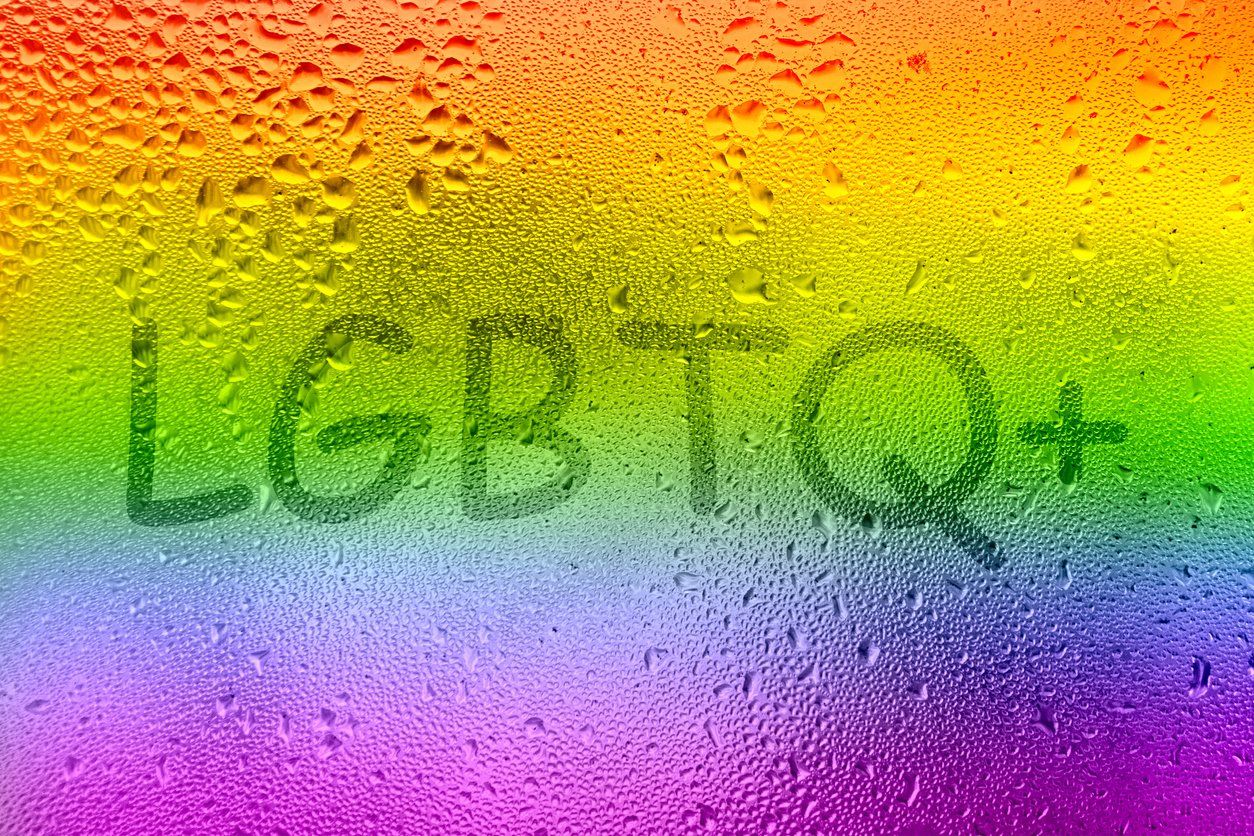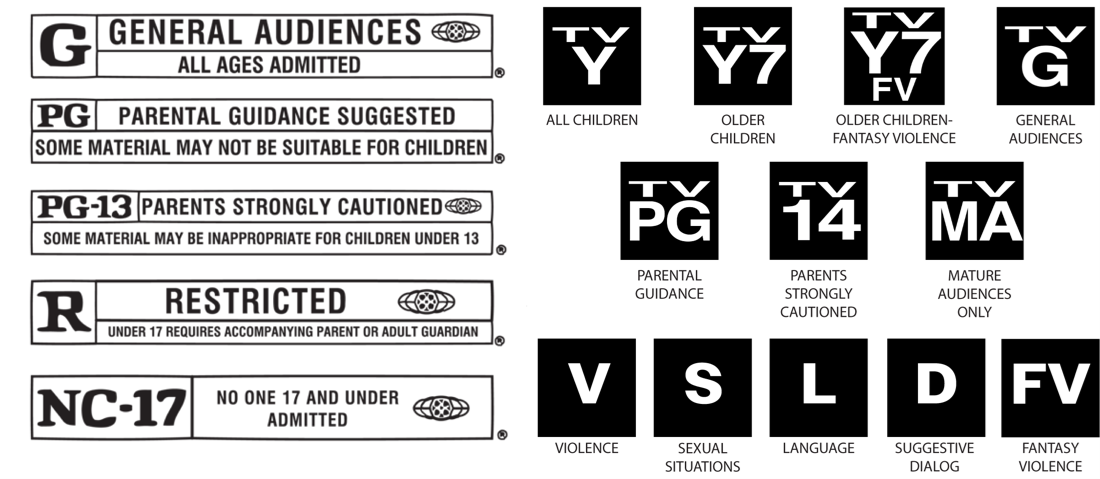LGBTQ+ Rights in Lithuania
While much of the European Union acknowledges and accepts LGBTQ+ rights and relationships, Lithuania has some of the strictest laws in the region. The Baltic Republic was originally part of USSR, which itself has a history of being unfriendly to LGBTQ+ people. In 2020, more than 16 years after joining the EU, Lithuanians continue to oppose granting the LGBTQ+ community the same rights as heterosexuals. According to surveys conducted by the European Commission, only 30% support same-sex marriages .
Same-sex activity, although legal since 1993 does not provide the same rights and legal recognition to the community that civil same-sex partnerships and marriages do. This bias prevalent in Lithuanian society and unsurprisingly offenses against the LGBTQ+ people often go uninvestigated or are dismissed outright.
Nongovernmental organizations like the Lithuanian Gay League (LGL) that fight for and represent the rights of LGBTQ+ people in the country have routinely raised the issue of the Law on the Protection of Minors against the Detrimental Effect of Public Information. The law was enacted to protect minors from information in the public domain that could negatively influence their mental well-being. In a contentious move, this law was amended in 2009 to include any information that could be construed as promoting LGBTQ+ relationships or way of life.
Numerous examples of censorship exist in the media of content involving the LGBTQ+ community. The award-winning band, Skamp, known for its fusion of pop, reggae and hip-hop music, saw the video of its song “Love Me Like There’s No Tomorrow” banned because it included kissing scenes involving same-sex couples.
Elena Reimerytė’s documentary “Spalvos“ (“Colours“) on gay parenting via surrogacy in the UK was removed from the Lithuanian national broadcaster LRT’s platforms after homophobic protestors assailed its portrayal of LGBTQ+ family life; a world that deviates from the one the Lithuanian Constitution enshrines. The regulatory body ruled the program was not harmful to minors and did not violate any existing regulations.
LGBTQ+ suppression is also evident in the fairytale book “Amber Heart” by the author Neringa Dangvydė. Publication and sales were halted after complaints by conservative MP’s with the University of Education and Office of the Inspector of Journalistic Ethics. The book conveys stories of both happy heterosexual families and homosexual families. The reason for the ban is-again-the distorted concept of family outlined in the Lithuanian Constitution.
After the author approached the courts, the publisher agreed to resume publication – only under the N-14 label which deems the material to be inappropriate for children under the age of 14. A move widely condemned by NGO’s around the world. Ultimately four Lithuanian-based organizations launched an international crowdfunding appeal to publish the book and distribute among local libraries.
Counter to conservative actions, openly gay filmmakers such as Romas Zabarauskas, want to change people’s perspective. Romas’s recent venture “The Lawyer” centers on the relationship between a gay Lithuanian lawyer and a bisexual Syrian sex-cam worker. It’s the first mainstream Lithuanian film with male same-sex relationships as its focal point. Perhaps in a sign of changing times, Romas also managed to bag a 197,500 euros production grant from the Lithuanian Film Centre-a first for him. The film is scheduled for theatrical release in state cinemas in September 2020 after being postponed due to the Covid-19 pandemic.
Organizations such as the LGL and individuals like Romas continue to push societal and constitutional reforms toward a diverse and accepting Lithuanian society. It is also incumbent on the State to consider revising existing laws that lead to discrimination on grounds of sexual orientation. Perceived family values from the times under the USSR are the main obstacle to the advancement of LGBTQ+ rights. Lithuania’s inclusion into the EU appears to be driving change as the European Parliament acts to protect the rights of the LGBTQ+ community by asking member states to approve anti-discriminatory laws. There remains a lot of work to be done in the Baltic state but the LGBTQ+ community in Lithuania is finally beginning to see some acceptance.
Related Posts


SILICON VALLEY
2336-H Walsh Ave.
Santa Clara, CA 95051
+1(408) 550-2344
LOS ANGELES
3900 W Alameda Ave.
Burbank, CA 91505
+1(310) 496-7307









